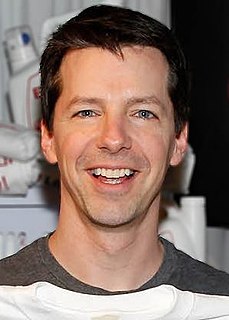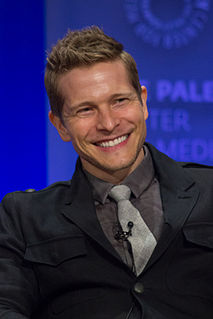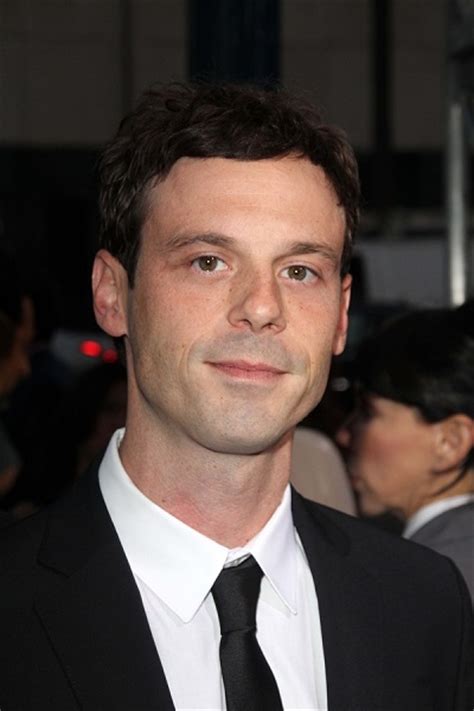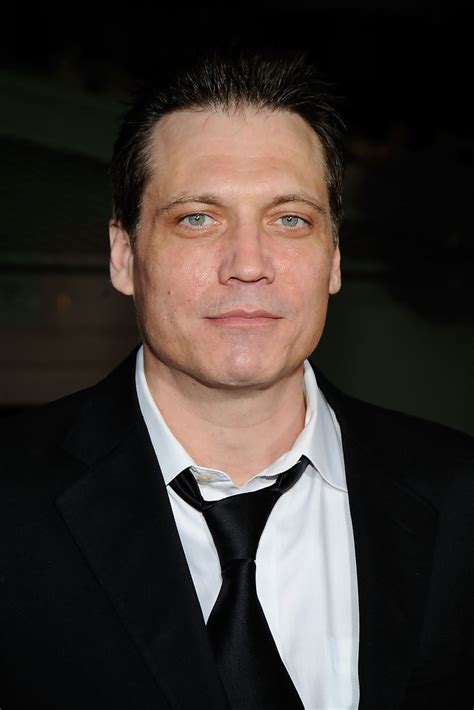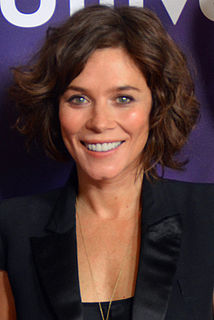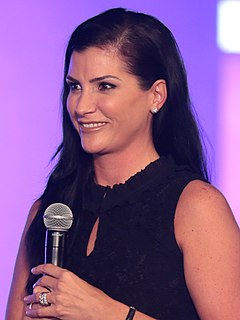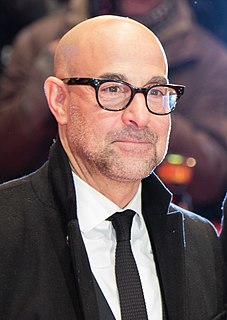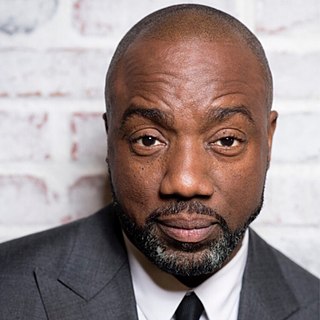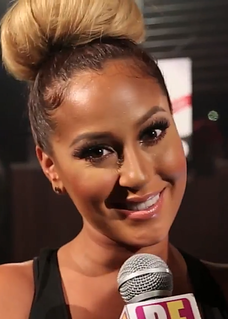A Quote by Zoe Quinn
The thing about astroturfing is that it can be really believable.
Quote Topics
Related Quotes
You have to do three things really well to make a successful film. You have to tell a compelling story that has a story that is unpredictable, that keeps people on the edge of their seat where they can't wait to see what happens next. You then populate that story with really memorable and appealing characters. And then, you put that story and those characters in a believable world, not realistic but believable for the story that you're telling.

